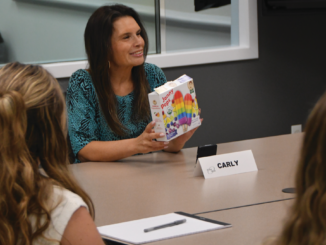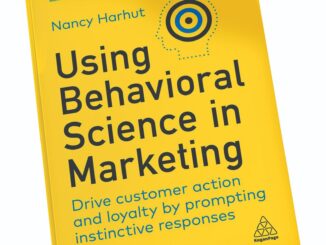
When Grocery Shoppers Say One Thing but Buy Another—A Qualitative Research Approach to Decoding Clean Eating Contradictions
Research expert Carly Fink presents an innovative qualitative framework for understanding the complex contradictions between a consumer’s stated desires for clean, sustainable grocery products and their actual purchasing behaviors. Drawing from extensive industry experience, she provides actionable methodologies, including System 1 techniques, ethnographic interviews, and journey mapping to help brands build authentic trust. Readers will learn practical strategies for designing research that capture real-life decision-making contexts and translating consumer insights into business solutions that align stated values with shopping cart reality. […]








